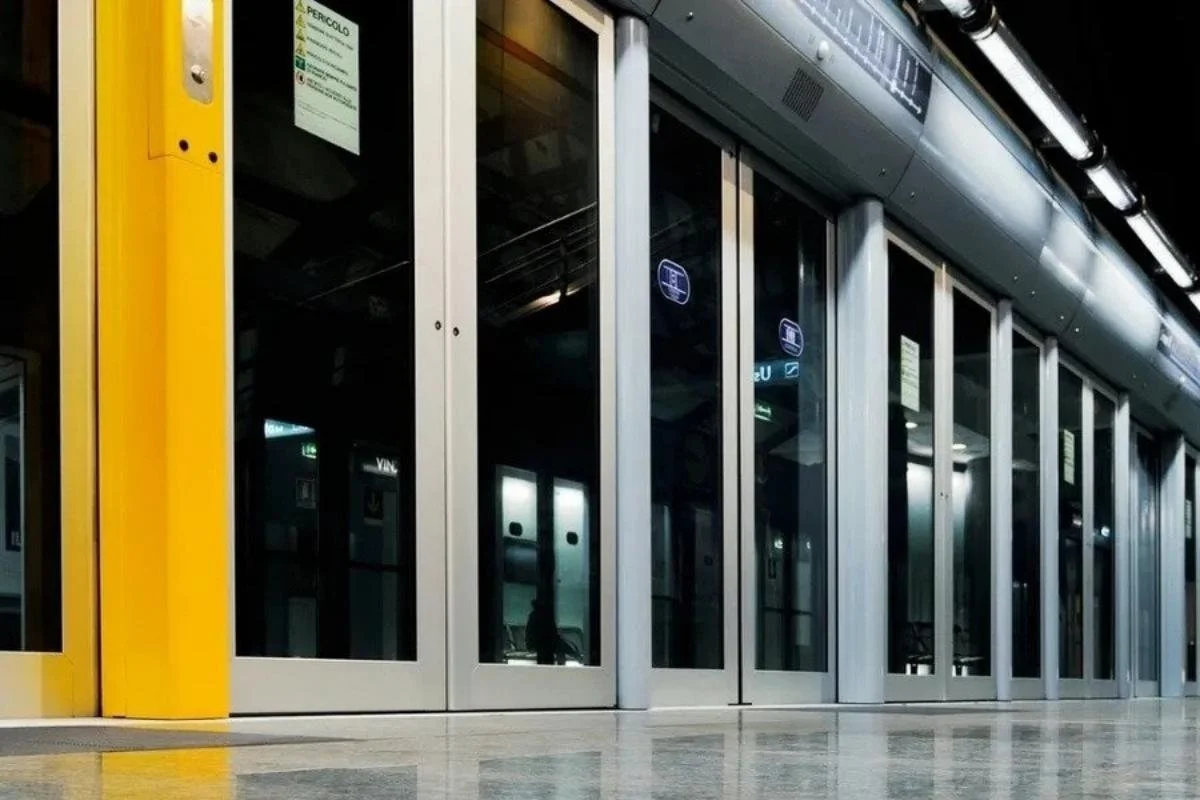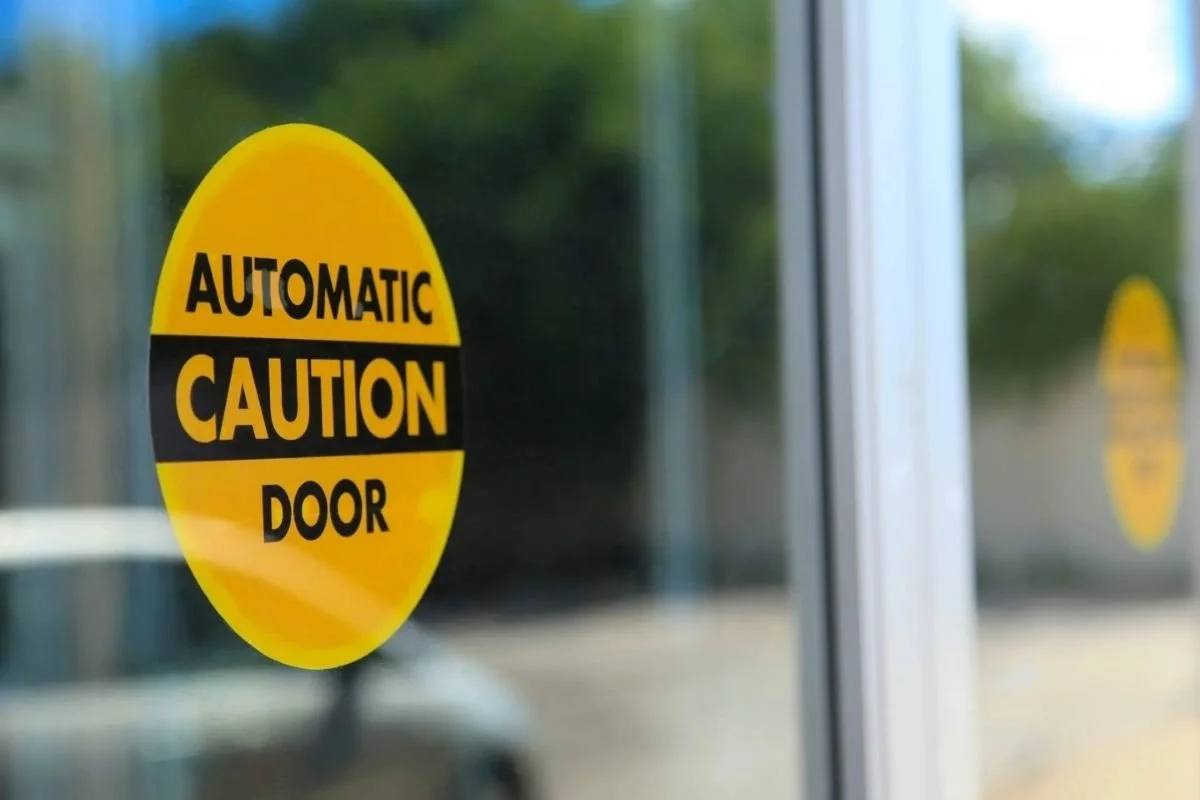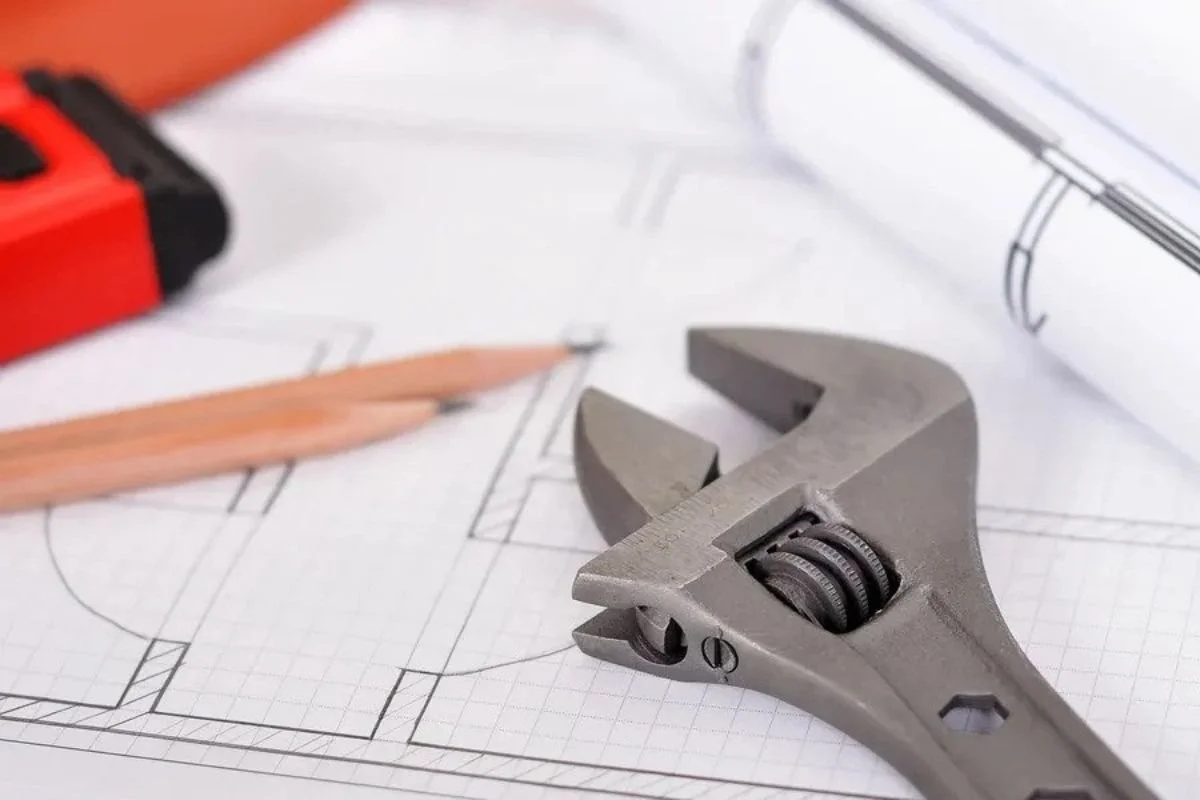What Is an Automatic Door & How Does It Work?
Published 09/06/2025 and Updated on 16/11/2025.
Have you ever considered how integral automatic doors have become to our day-to-day lives? From supermarkets to hospitals and offices, they’re just about everywhere and for good reason.
Automatic doors not only make entry more convenient, but they also provide accessibility, hygiene and energy efficiency.
In this guide, our experts at NOVA Door Systems will explore the importance of automatic doors and discuss why your business may benefit from one.
What is an Automatic Door?
Automatic doors are a common feature in high-traffic public and commercial spaces, such as shopping centres, offices, hospitals, schools, and airports. They are specially designed entrance systems that open and close automatically when triggered by sensors, pressure mats, or access controls.
The reason they’re such a popular choice is that they provide excellent accessibility and improve mobility in a building. This allows for easy access for those living with a disability and those carrying or pushing heavy loads, such as a pram, as well as removing restrictions for the elderly.
Another benefit of installing automatic doors is that they help maintain a high level of hygiene. A study found that door handles in an office have the highest levels of bacteria compared to other areas, including the bathroom. Impeccable hygiene is crucial, but it’s especially important for public and commercial buildings that handle high-risk materials or have vulnerable populations, such as hospitals, care homes, and laboratories.
Automatic doors are a common feature in high-traffic public and commercial spaces, such as shopping centres, offices, hospitals, schools, and airports.
4 Types of Automatic Doors
At NOVA Door Systems, we offer four types of automatic doors, each tailored to best suit your needs and space requirements. These include:
Sliding: This type of automatic door moves on a horizontal track within the door frame or space, making it a fantastic space-saving option.
Swing: An automatic swing door works just like a regular, manual door; the only difference is that it can either utilise a sensor or a button to open.
Bifold: Bifold doors are made up of multiple hinged panels which fold into one another to create a wide opening, and they are made automatic by installing sensors.
Retrofit: Retrofitting involves transforming a manual door into an automatic door to upgrade the building, providing better accessibility and hygiene.
As specialists in installing and maintaining automatic door systems, we can fully customise the design and functionality of your door to meet your exact specifications.
For example, we offer a wide range of access control options, including motion sensors and push buttons, all of which ensure your doors open and close efficiently, safely and securely.
All our automatic doors even come with a battery backup system, so your door will operate even during a power outage.
Contact us to get a quote or call 02921 690433 to chat with a team member about our automatic door service today.
How Do Automatic Doors Work?
Now that you know what an automatic door is and its top uses and benefits, we’ll move on to looking at how an automatic door works.
Mechanism
Automatic doors are often fitted onto a belt, chain, or wheels; the door panels are then moved open or closed when the motor is activated by the controls. The system is calibrated to stay open for a set amount of time before it automatically shuts.
Other features can also be changed, such as the door speed and movement direction, which allows people to walk through the door safely.
Sensor
The door automatically opens and closes thanks to a sensor or a button.
The sensor works by detecting motion with either infrared or microwave sensors; when it detects motion, the automatic door is programmed to open, and then after a set time, the mechanism kicks in to close the door.
Security
Although an automatic door might not seem like the safest option on the surface, they are fitted with a number of safety precautions.
Automatic doors can include a level of authorisation which will prevent people from entering restricted zones. Safety sensors can also be installed to stop the door’s movement if there’s an unwanted object or person in the door’s path.
A key benefit of automatic doors is that they make commercial and public spaces readily accessible to a wide range of people.
How to Keep Your Automatic Door Compliant
As we’ve mentioned, a key benefit of automatic doors is that they make commercial and public spaces readily accessible for a wide range of people.
To ensure your automatic door is as accessible and safe as possible for use, all automatic doors must remain compliant with BS EN 16005.
BS EN 16005 is a European standard that serves as a guide for businesses to ensure their automatic doors are designed, installed, and maintained to the highest possible standard.
This also covers ensuring the automatic door is safe and accessible for everyone, preventing injury and malfunction.
In addition to installing automatic doors, we also provide servicing and maintenance services for commercial and industrial businesses. This means that after our expert team of engineers has installed your automatic door, they’ll carry out all the necessary safety checks to ensure the door operates smoothly and test that it conforms to the current BS EN 16005 regulations.
Did you know that regular maintenance every 6 to 12 months can increase your automatic door’s safety, prolong its life, and prevent emergency repairs?
That’s why, as part of our automatic door maintenance check, we’ll inspect the following:
Check for unusual noises or irregular movement
Ensure battery backup is operational
Test manual override functions
Keep sensor lenses clean
Regular maintenance every six to 12 months can increase your automatic door’s safety, prolong its life, and prevent emergency repairs.
How We Can Help
We hope this guide has helped you to understand the question: ‘What is an automatic door?’ And: ‘How do automatic doors work?’ If you’re looking for a professional automatic door installation and maintenance provider, NOVA Door Systems can help you.
From our comprehensive product offering, we ensure that we provide our commercial and industrial customers with high-quality, cost-effective solutions, specifically designed to meet all their business needs.
Get a quote by contacting us at enquire@novadoorsystems.co.uk or on 02921 690433 to learn more about our sectional door service.



